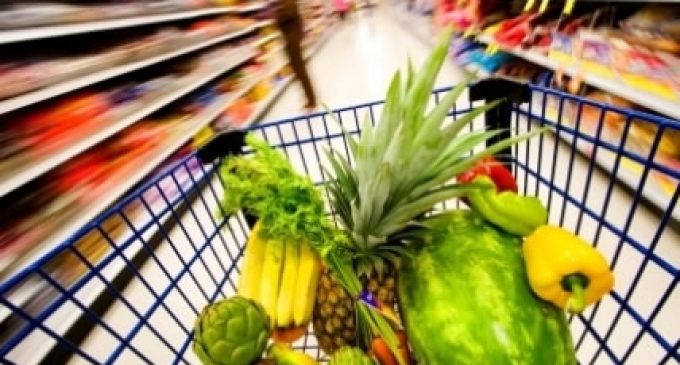Supermarket Price War Heaps Pressure on Food Producers as Insolvencies Jump 28%

The number of UK companies involved in food production which entered insolvency increased by 28% in the last year, amounting to 146 food producers in 2014 compared to 114 in 2013, according to research by Moore Stephens, the leading accountancy firm.
Moore Stephens says that the supermarket price war is causing pain throughout the food supply chain, as supermarkets squeeze food producers in order to cut checkout prices and prop up profits.
Moore Stephens says that the rise in insolvencies of food producers is in stark contrast to the 8% fall in company liquidations in the economy as a whole over the same period (12 months to September). Whilst over a five year period (2010 – 2014) company liquidations as a whole have fallen, insolvencies amongst food producers have increased.
Supermarkets’ tough treatment of suppliers was exposed recently by the accounting scandal at Tesco, which cast light on how supermarket buyers rely on supplier contributions to meet profit targets that trigger big bonuses for the buyers.
Moore Stephens Partner, Duncan Swift, who leads their Food Advisory Group, comments, “The supermarkets are going through the bloodiest price war in nearly two decades and are using food producers as the cannon fodder. Supermarkets have engaged in questionable buying practices for years, but it’s getting worse and clearly wreaking havoc on the UK food production sector. The fact that food producer insolvencies are rising so rapidly, while business insolvencies are falling overall, shows just how much pressure the sector is under.”
He continues: “UK supermarkets are trying to compete on price with Aldi and Lidl but with profit margins that are far higher than these discount chains. To try and make the maths work, the big supermarkets are putting food producers under so much pressure that we have seen a sharp increase in the number of producers failing. I warned several years ago that the aggressive buying techniques of the supermarkets were going to lead to more food producer insolvencies. It is cold comfort to be proven right and I regret to say this is not the end of it.”
Moore Stephens says that the rate of financial failure is even greater than it appears, as most farmers and many horticulturalists operate as sole traders or in simple partnerships which are not recorded at Companies House and cannot be readily researched.
Duncan Swift, states: “The culture of the buying teams at the supermarkets is the big problem. Most supermarkets have banker-style trading floors and bonus schemes for their buyers. Supermarket buyers’ bonuses are contingent on securing cash contributions from suppliers, which typically lead to delisting threats, short-notice cancellation of supplier orders and spurious deductions from monies the suppliers are owed. Supplier contributions cause major cash flow problems for food producers and can tip them into insolvency. It’s a raw deal for food producers who need the supermarkets to reach the public, but who can’t afford the terms of business that the supermarkets foist on them.”
Moore Stephens points out that food producers hit by unreasonable behaviour by supermarket buyers feel unable to complain to the Groceries Code Adjudicator, as doing so risks them losing important contracts.
Moore Stephens explains that the Adjudicator can only begin an investigation when a supplier makes a formal complaint.
Duncan Swift concludes: “The fear of losing business from supermarkets means that food producers rarely – if ever – complain about clear breaches of agreed industry standards. That means there is no check on the highly aggressive buying practices of the supermarkets; which causes great uncertainty that a price agreed by a buyer will actually be paid and more food producer insolvencies is the result.”

































